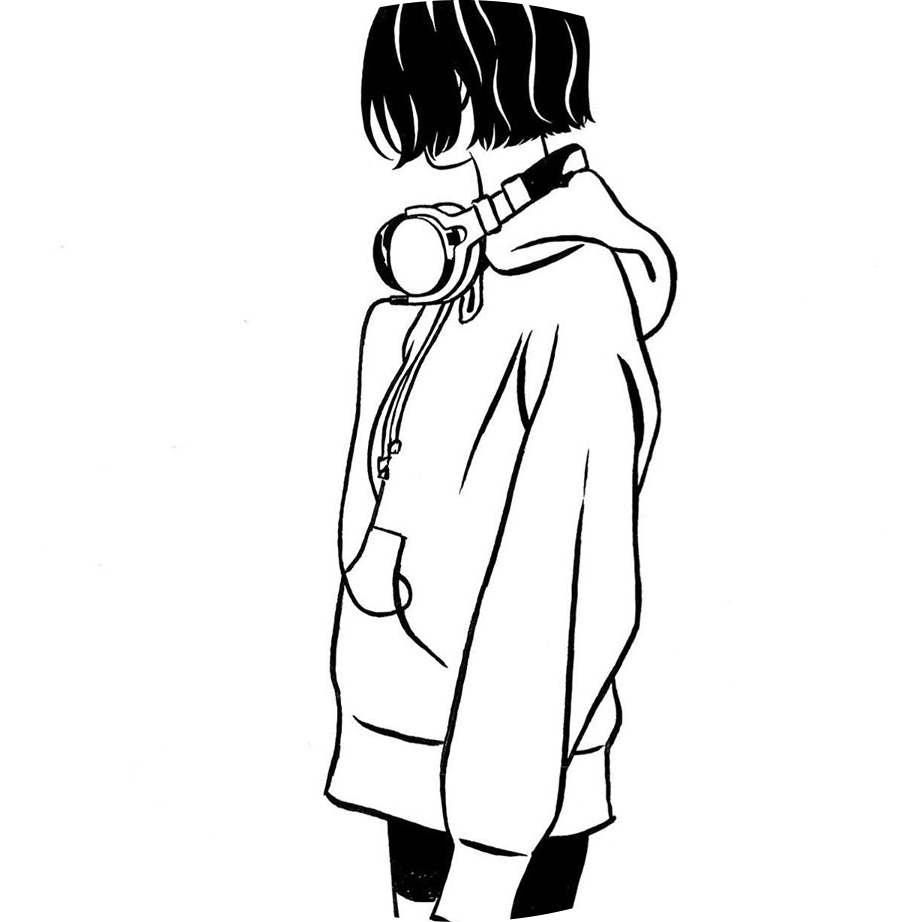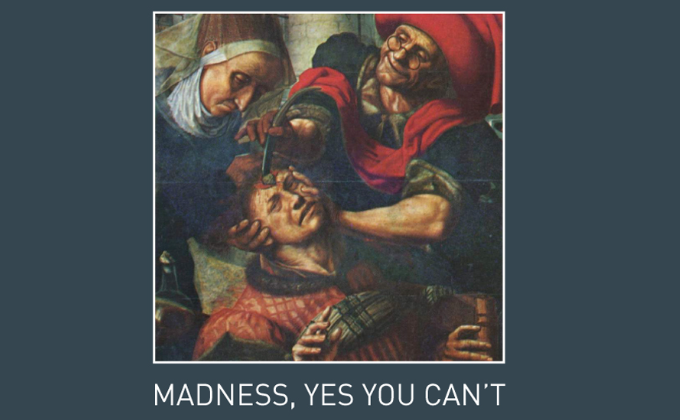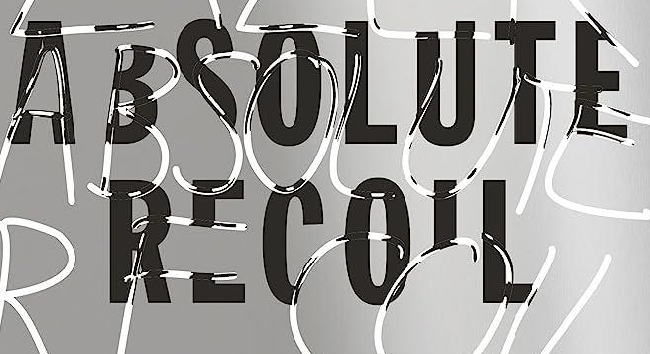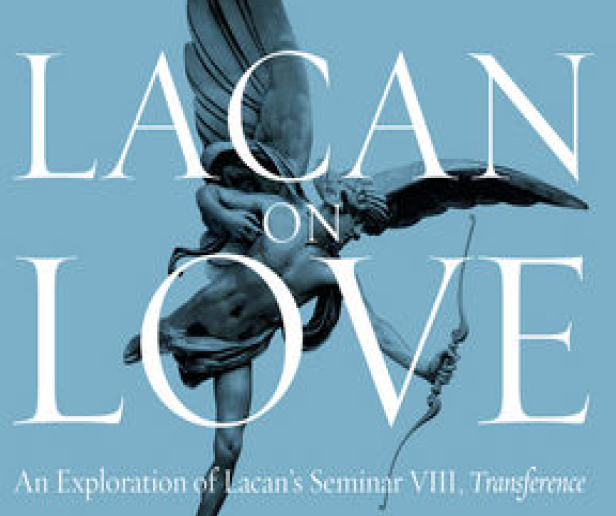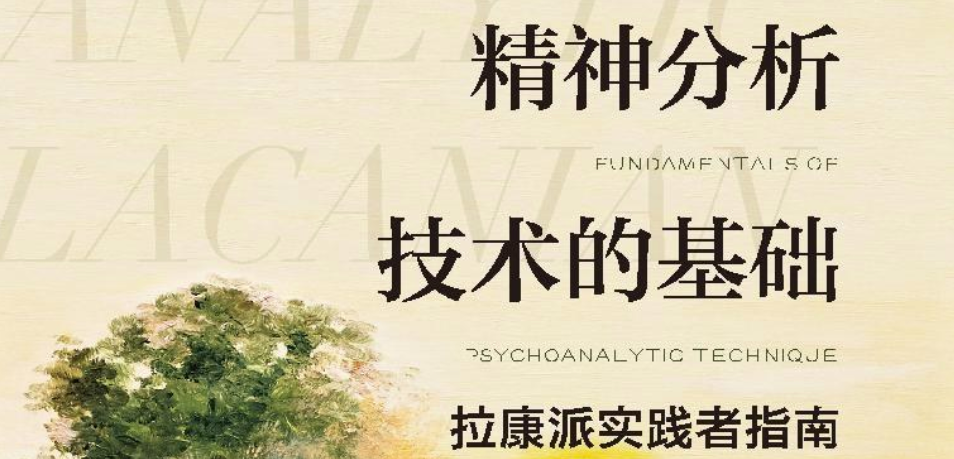Adventures of the Dialectic
Adventures of the Dialectic
IvoripuionMerleau-Ponty AND The Crisis In Marxism(Foreword)
Few people in English-speaking countries notice Merleau-Ponty’s political philosophy, which is especially surprising as many works have been devoted to his phenomenology and his contributions to theories of perception and language.
The writer limited himself to the central problem that Merleau-Ponty tried to resolve, the realization of the potentially universal class, the proletariat. The writer will show that the problem origins from Hegel’s philosophy and Marx’s critique of capitalist society; explain Merleau-Ponty’s unsatisfactory to different philosopher’s interpretations of the proletariat class; and criticize Merleau-Ponty’s conclusions.
Ⅰ
In postwar France, the development of the communist party entered a very good phase, and Economic and Philosophic Manuscripts attracted new attention to Marx’s philosophy. Even if “Violence Beyond Reason” had been brought about by Nazism, people had to use it again to kick it out. During the quiet period of rebuilding society, people still hoped for a history without extreme violence.
However, in Merleau-Ponty’s view, the postwar society was still full of violence, which was brought about by the contradiction of liberty between people left over from history. Even a man may find himself as a man and join all other men, he finds himself again to be a worker when he returns to daily life. Under actual imperialism, race relations, and distribution of wealth, the attempt to speak before ideology is still an ideology. Some revolutions in communist countries at that time had been found detached from subjective and objective factors. The phenomenon also had been supposed that the revolution originated from a single backward country — Russia, rather than from the international world. Revolutions in communist countries need a long time to examine their more beneficial impact on men’s life than those of the old world.
Someone may be troubled by an either-or dilemma: communism and Western liberalism. However, any political philosophy must provide its own realization to claim it to be political philosophy, otherwise, such philosophy is just a utopian exercise for it can’t escape the test of reality.
In Humanism and Terror and Adventures of the Dialectic, Merleau-Ponty gives a richer intersubjectivity where man and the world can penetrate each other.
Merleau-Ponty points us that: Capital is a concrete Phenomenology of Mind, which means Capital and Phenomenology of Mind are both concerned with the Human Economy and the realization of man. From Hegel, the relations between men are presented as relations between men and nature, and then the relations between men and nature influence social relations. So we can’t fully understand Merleau-Ponty’s quotations to Marx if we don’t go back to Hegel.
Ⅱ
To Hegel, the dialectical relationship between subject and object culminates in the realization of the unity of mind and being. The culmination of the subject-object realization is the State. The property was seen as the mediating material between the subject and the external object in an earlier phase, through which social relations became possible. A division of labor exports a division of class, and the highest class is the universal class whose role is to maintain the class system(civil servants). It is the class whose goal is to manipulate state apparatus. From Hegel, the “is” and “ought” are finally united by such the highest class, which is to say, the highest class in a regime is the state apparatus. The state apparatus makes man fully realized(Collectivism, like Stalin ism). The man has realized his universalization by appropriating all the others in such a stage.
However, Marx saw the class of civil servants as a new bureaucracy instead of as a universal class. As civil servants depend on government-provided pensions, they are strongly dependent on whatever class controls civil society and the economy.
Marx distinguished two modes of man’s existence in the Economic And Philosophic Manuscripts of 1844: “species being” and “natural being”. The man differs himself from general animals by having the horizon of his future. When a man has seen himself in his future, he transcends himself and recognizes himself as a “species being”. Neither a God nor a vacuum without God can’t let man realize himself, instead, man must realize himself through labor.
Hegel confusedly took the alienation of man’s consciousness to be man’s only alienation. In a highly industrialized capitalist society, the worker is reduced to the role of an instrument to produce goods, and his value decreases as the good’s value decreases. The more the worker produces, the poorer he is since he produces more, and the value of goods is less. The labor, supposed to liberate man, finally deprives man’s dignity. Man loses anything at the mercy of property and capital.
Such a phenomenon, which shows man doesn’t live like a man when he lives in the capitalist society, implies the second level of man’s existence: man recognizes himself as a “species being”. To Marx, communism is a real movement to abolish the current state rather than a constant ready-made state. The conditions of this movement result from something that already exists.
The proletariat can only gain what it wants by its labor and finally join the “is” and the “ought” beyond class struggle in a recognition of man by man. As a universal class, the proletariat cannot emancipate itself without emancipating all those other classes.
The poverty of the proletariat is only caused by man and not by nature, which shows the proletariat is born of the disintegration of society.
Marxism proposes a real unification of men in a universal class of man, believed to have a special moral claim for our examination by Merleau-Ponty. From Marx, history is situated consciousnesses opening onto one another instead of juxtaposed self-consciousnesses.
History should be seen as an intersubjectivity wherein men share common situations. Since there are many gradations of class between the proletariat and the bourgeoisie: semi-proletarians, petty bourgeois, and so on, and many potential confusions of elements, there is the need for a “Party which clarifies the proletariat to itself”. However, such a party may turn into a bureaucratic class when the party practices subjective politics that turns the proletarian into objects, meaning the party becomes the civil servants in Hegelian conception. The party must be sublated, as the state apparatus be, after the success of the revolution and return power to the proletariat.
Ⅲ
As said above, the revolution in Russia has been put aside as the Party has become a new ruling elite.
The relationship between Party and the proletariat has gone wrong. The Party should have a dual mediation: the first is to mediate between history and the proletariat; the second is to consult the proletariat, which means the proletariat mediates Party and history in return. The proletariat uses Party to propose those ideas that express their interests and leads consciousness to action with Party.
If the proletariat’s role of mediation is true, why is the first mediation which is between history and the proletariat necessary? If such a view of Lucacs’s theory is correct, the proletariat is capable of revolutionizing itself spontaneously.
For Merleau-Ponty, man as an agent will follow neither a consistent scientism nor determinism, instead, man transcends himself in history. The Party should realize that the proletariat will focus on the ongoing class strife and intensifying human questions instead of ending it.
So Lenin objects to Lukacs’s interpretation, which means the first mediation is meaningless and the Party’s existence is meaningless. Lenin believes that Lucacs had mistakenly linked the proletariat with Party. History has shown that without working-class consciousness the country can’t develop beyond trade-union or syndical consciousness. Lenin, different from Marx, realized that purely on the proletariat’s own can only develop crippled forms of capitalist institutions. Capitalism would not be what it is if there isn’t so many intermediate groups between the proletariat and potential members of the proletariat, as well as between them and various other classes surrounding it, resulting in the proletariat being unable to know themselves. So, this Party must be a Party of iron to awaken the proletariat.
The proletariat depends on the Party for its existence and finds its means through the end of the Party.
There have been these alternatives: either the proletariat becomes the universal class spontaneously, or, the proletariat realizes their potential universal class only under the leadership of the Party intelligentsia. Such alternatives were Merleau-Ponty’s situation at that time, with all other intellectuals.
For Jean-Paul Sartre, the working class’s only hope is to rely on the Party in his Communists and Peace. The question for Sartre was to know that the dichotomy between men and things was false and that things change with human initiative, if not, men would feel incredibly nervous and have to be responsible for everything.
According to Merleau-Ponty, the Soviet Union had degenerated into an imperialist power as it asked for an unwarranted act of faith from its allies instead of reconciling with its enemy. For Sartre, the Party must be seen as the subject which gives meaning to its object, the proletariat, and the Party is framed by the gaze from Sartre’s conception. Under such a gaze of the Party, the proletariat is no longer future-proof but has become a ready-made thing.
Trotsky is the second most cited person by Merleau-Ponty. Here are Trotsky’s two main points:
- Whether the proletarian revolution is spontaneous.
- The critical relationship between the proletariat and the Party.
The second point Merleau-Ponty focused on could be seen in Trotsky’s personal career.
Trotsky, as a member of a minority group, still wanted to revolutionize under Stalin’s leadership, even though, such a revolution was doomed to fail. As a member of a minority group, Trotsky chose to speak for the proletariat from outside the Party and point the Party’s deviations to the proletarian workers, which fell back on the thesis of the spontaneity of the proletariat.
So, who will compose the Party?
Ⅳ
Merleau-Ponty has presented three interpretations of the roles the proletariat and Party play in history:
- Lenin’s view, that the proletariat requires the Party’s leadership to achieve revolution, may be perceived as elitist. Sartre’s variation on this is emphasizing the worker’s identification of the Party, which means the Party controls the proletariat in existence. Both of them refer to the Hegelian ism.
- Lukacs’ view, the dual mediation, that the Party mediates between the proletariat and history or between the Party and history, was silenced by the history of the Soviet Union, collapsing into the first view.
- Trotsky’s view, which overemphasizes the spontaneity of the proletariat, leaves change aside and reduces the proletariat to a foreordained agent that will move history to its next stage.
On the one hand, we should tear ourselves apart from elitism, on the other, we should stay away from historical determinism or scientific predictability. Scientific predictability refers to a one-sided interpretation of the Young Marx, while elitism and historical determinism is announced wrong in the history of the Soviet Union. As Merleau-Ponty pointed out, the failure of the Soviet Union was precisely that which reversed the negativity of dialectics into positivity, which led to the bureaucracy.
Different from Marx’s model which predicted that revolution would happen in highly industrialized countries, it took place in backward countries, meaning there was a jump from pre-capitalism to socialism. Such a society is not promised by Marx, for man in it still acts like object-like existence. The attempt to union species being and natural being fails in praxis.
Revolutions are true as movements and false as regimes.
Marx shows that a fair life for people living under capitalism is just an illusion. For the translator, the revolution in his era is to find a new possibility where people can get a better life instead of a permanent revolution.
Merleau-Ponty has pointed out that the most mediation is the mediation among men for a totality: the man. Such a totality could be called culture. Such a new way of mediation calls for a new critique instead of a criticism of the old critique, which has been found by Merleau-Ponty through his analysis of the Marxist critique.
Contrary to Marx’s intention, the practice of Marxism has resulted in an obvious bureaucracy, wherein men are treated as objects and leaders are deluded into a universal class. This phenomenon is completely opposite to all philosophers whose purpose is to dispel duality, such as Hegel and Marx. Instead of seeing the proletariat as an automatic vehicle to overcome the barriers in history, the proletariat should be led by a Party that can sublate itself to overcome the difficulties of the historical process.
Merleau-Ponty pointed out that man is a historical being and is associated with other beings. Men shared history, traditions, and experiences in a common cultural field. However, such a cultural field should be regarded as a whole symbolic environment wherein people live instead of a pure cultural society. Such a move could recognize man’s intersubjective relationship in which man has a common bond and exerts his own initiative.
Adventures of the Dialectic
Preface
We should admit that any systematic work is born from our real experiences instead of nothingness, thus we can accept that any treatise has a historical and continual development before it appears.
